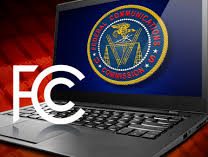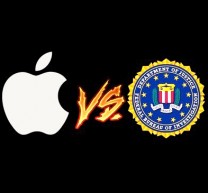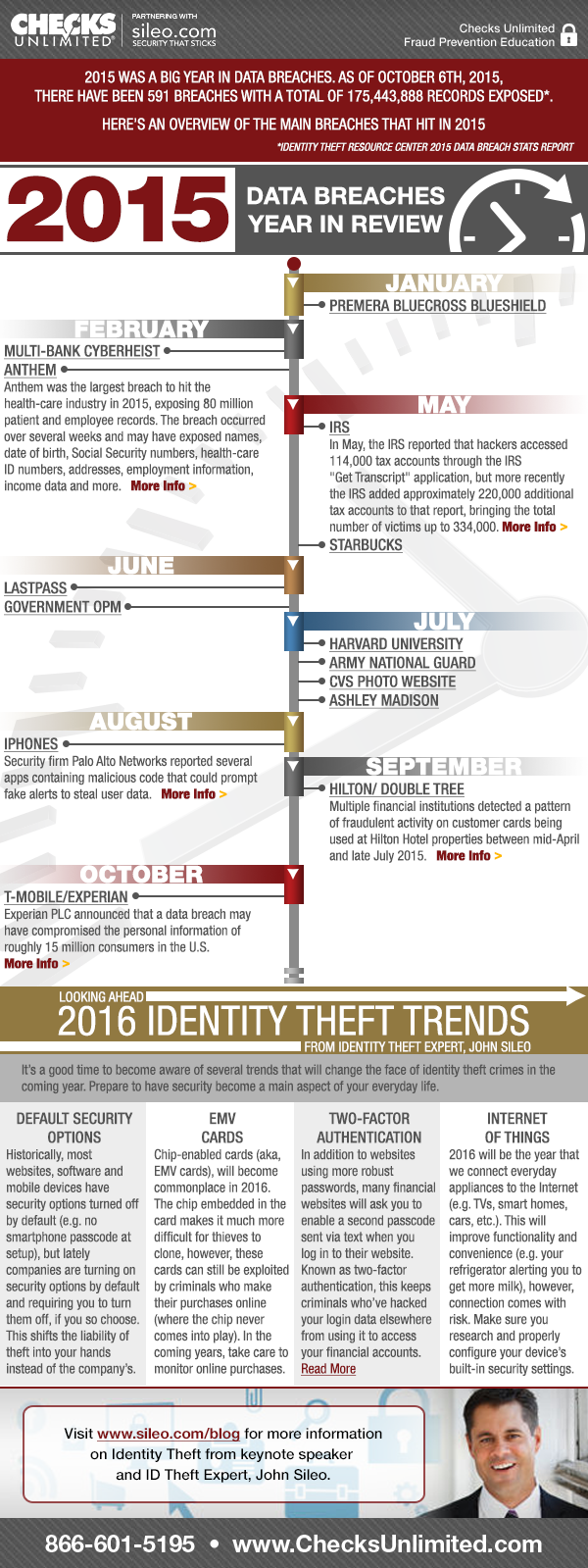Home | Solutions Blog | Sileo
Posts tagged "Sileo"

Identity thieves prey on those who are most vulnerable. You may be in the process of cleaning up your lives, but predators running disaster scams may want to clean up on you by stealing your valuable private information.
As we learned from Hurricane Katrina and Superstorm Sandy, one of the most despicable side effects of a natural disaster is the massive increase in reported cases of identity theft in the affected areas. Thieves take advantage of those who are vulnerable, and those who have suffered flooding, wind damage and the effects of the storm are more vulnerable than ever. Imagine how devastating it would it be to apply for a line of credit to help your family recover from the storm only to find out that your entire net worth now belongs to a thief.
Here are some of the highest priority actions for victims of Hurricane Harvey to take once they have taken care of their immediate safety needs.
Posted in Identity Theft Prevention by Identity Theft Speaker John Sileo.
Tags: "disaster fraud", "disaster scams", "Identity Theft, disaster relief, hurricane, identity theft expert, John Sileo, preying on victims, protection after disaster, Sileo

CYBER SECURITY EXPERTS SCREAM: IT’S NOT ABOUT MONEY, IT’S ABOUT INFLUENCE!
What will it take for the world to believe that cyber warfare, like the latest NotPetya Attack, is real and it is HERE NOW?
Will it take your company ceasing operations for the day, as hundreds of companies in at least 64 countries were forced to do?
Will it take your long-awaited surgery being cancelled, as occurred for many patients at Heritage Valley Health Systems in Pittsburgh?
Or will it ultimately take people dying (think power grids, airport operations, nuclear power plants being controlled) before everyone takes notice?
We read the headlines: another ransomware attack has hit– blah, blah, blah. It almost gets annoying hearing about them! Until you really think of the implications above. Yes, this time it mostly affected Ukraine, but someday, it will be YOU AND ME!
Posted in Cyber Data Security by Identity Theft Speaker John Sileo.
Tags: Cyber Security Experts, John Sileo, Notpetya, Petya, Sileo, WannaCry

“There is a basic truth: It is the consumer’s information. It is not the information of the network the consumer hires to deliver that information.”
These were the words of Tom Wheeler, the chairman of the F.C.C., when it was announced that Federal regulators have approved new broadband privacy rules that require internet service providers like Comcast and Verizon to ask for customers’ permission before using or sharing much of their data. He went on to say that the information used “should be the consumers’ choice, not the choice of some corporate algorithm.”
Privacy groups were, of course, thrilled with the new rules, which move the United States closer to the stricter policies in European nations. The industries that depend on online user data were not quite as happy, with the Association of National Advertisers labeling the regulations “unprecedented, misguided, counterproductive, and potentially extremely harmful.”
What does all of this really mean for consumers?
Posted in Online Privacy, Uncategorized by Identity Theft Speaker John Sileo.
Tags: "Internet Providers", "John Slleo", Sileo
Mark Zuckerberg Hacked Because of Weak Passwords
It seems Mark Zuckerberg might be a little lazy, or a little stupid, or at the very least a little embarrassed. The undisputed king of social media has had two of his social media accounts hacked. Granted, it was not his Facebook account—just his Pinterest and Twitter accounts, the latter of which he hasn’t used since 2012. A Saudi Arabian hacker team named OurMine has taken credit for the attack, claiming they got his password from the recent dump of information obtained in the LinkedIn data breach from 2012.
Let’s see where Mr. Zuckerberg went wrong by using the safe password development tips (in bold below) from his very own creation: Facebook.
Make sure your password is unique, but memorable enough that you don’t forget it. Supposedly, Zuckerberg’s password was “dadada”.
Posted in Cyber Data Security, Identity Theft Prevention by Identity Theft Speaker John Sileo.
Tags: "Password Safety", Hacked, John Sileo, Password, Passwords, Sileo, Zuckerberg

When was the last time you checked your privacy settings on your social media profiles? Being aware of the information you share is a critical step in securing your online identity. Below we’ve outlined some of the top social media sites and what you can do today to help keep your personal information safe.
FACEBOOK Social Media Privacy
Click the padlock icon in the upper right corner of Facebook, and run a Privacy
Checkup. This will walk you through three simple steps:
- Who you share status updates with
- A list of the apps that are connected to your Facebook page
- How personal information from your profile is shared.
As a rule of thumb, we recommend your Facebook Privacy setting be set to “Friends Only” to avoid sharing your information with strangers. You can confirm that all of your future posts will be visible to “Friends Only” by reselecting the padlock and clicking “Who can see my stuff?” then select “What do other people see on my timeline” and review the differences between your public and friends only profile. Oh, and don’t post anything stupid!
Posted in Online Privacy by Identity Theft Speaker John Sileo.
Tags: facebook privacy, Instagram, Instagram Privacy, John Sileo, Online/Social Media Privacy, Privacy, Sileo, Social Media Privacy, twitter, twitter privacy

Whether data breach or insider leak, Panama Papers Cyber Security lessons still the same.
By now, you’ve heard about the leaked papers from a Panamanian law firm implicating world leaders, sports figures and celebrities alike in a scheme to shelter massive wealth in off-shore corporations (if not, see the NYTimes summary below for relevant links). At this point it is still unclear whether the 11.5 million records were obtained through hacking or leaked from someone inside of the Panamanian law firm.
But from a cyber security perspective, the lessons are nearly identical either way. At issue here is the massive centralization of data that makes either breach or leakage not only inevitable, but rather convenient. World leaders and executives alike must have a sense of deja vu from the leakage of the NSA documents by Edward Snowden several years ago. From a security perspective, it is baffling in both cases that one individual would have access to such a trove of data. This suggests that the records were not properly segmented, encrypted or subjected to user-level access permissions.
Posted in Cyber Data Security by Identity Theft Speaker John Sileo.
Tags: Cyber Security, John Sileo, Panama Papers, Sileo

Apple vs FBI: Building a backdoor into the iPhone is like burning the haystack…
I’ve been asked almost 100 times since Apple rejected the FBI’s request to break into the iPhone of the San Bernadino killers on which side I support. I am a firm believer that the most complex problems (this is one of them) deserve the simplest explanations. Here is the simplest way that I can walk you through the argument:
- If your immediate response, like many, is to side with Apple – “Don’t hack into your own operating system, it set’s a bad precedent” – then you have a good strong natural reflex when it comes to privacy. But don’t stop your thinking after your first reaction or thought, as it might be incomplete, because…
Posted in Cyber Data Security by Identity Theft Speaker John Sileo.
Tags: Apple, Apple vs. FBI, Cyber Security, Cyber Security Expert, FBI, iPhone, John Sileo, Privacy vs. Security, Sileo
Common Phishing Scenarios:
“Your account has been suspended” or “We suspect fraudulent activity on your account” or “You’ve won a contest” or “We owe you a refund”
If you’ve ever received an email, voicemail or text with a message like one of the above, you know how visceral your reaction can be. And chances are very high that the message is a fake.
Just as fishing is one of the oldest occupations around, phishing is one of the oldest scams around. Ever since email was invented, thieves have been phishing to get your information by cleverly impersonating a business or an acquaintance. They hope to trick you into giving out your personal information or opening a link or an attachment that downloads malware onto your computer so that they can gain access all of your data.
Posted in Cyber Data Security, Uncategorized by Identity Theft Speaker John Sileo.
Tags: "Phishing", John Sileo, Sileo

Influential Cyber Data Breach 2015
January Data Breach
Premera BlueCross BlueShield
Health insurance company Premera BlueCross BlueShield said in March that it had discovered a breach in January that affected as many as 11.2 million subscribers, as well as some individuals who do business with the company. The breach compromised subscriber data, which includes names, birth dates, Social Security numbers, bank account information, addresses and other information.
February Cyber Breach
Multi-Bank Cyberheist
In February, a billion-dollar bank cyberheist was discovered, affecting as many as 100 banks around the world. The breaches, discovered by Kaspersky Lab, infiltrated the banks’ networks using tactics such as phishing and gaining access to key resources, including employee account credentials and privileges. The cybercriminal ring, known as Carbanak, then used those credentials to make fraudulent transfers and make hijacked ATM machines appear legitimate as they funneled more than $1 billion into their own pockets.
Anthem
Anthem revealed a breach in February that exposed 80 million patient and employee records. Anthem said the breach occurred over several weeks, beginning in December 2014, and could have exposed names, date of birth, Social Security numbers, health-care ID numbers, home addresses, email addresses, employment information, income data and more. It said it did not believe banking information was taken. The Wall Street Journal reported that Anthem had not encrypted the data that was accessed by hackers.
Posted in Cyber Data Security by Identity Theft Speaker John Sileo.
Tags: "Data Breach 2015", Data Breach, John Sileo, Sileo















